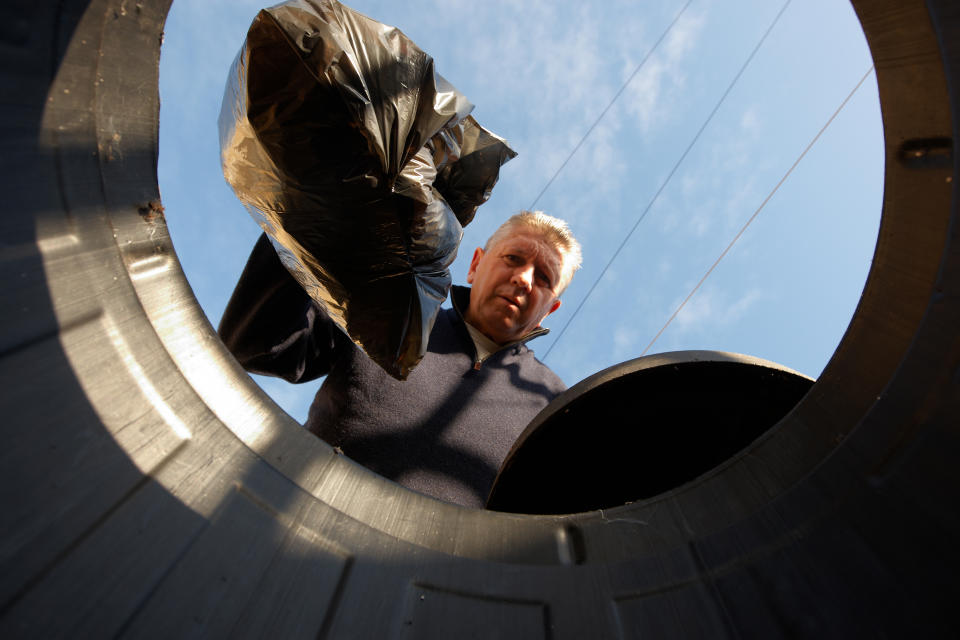The $834m reason Aussies are ditching private health insurance

Health insurance premium increases have outpaced the rate of wage growth over the last five years, leading many households to abandon their cover altogether.
In 2017-18, Australians paid around $23.9 billion in private health insurance premiums, up a whopping $834 million from the previous year, the ACCC revealed.
“People are increasingly feeling the pinch of private health premium increases and growing gap payments. In response, many are shifting to cheaper products with reduced coverage, and some are dropping their cover altogether,” ACCC Deputy Chair Delia Rickard said.
While the percentage of in-hospital services delivered without an out-of-pocket cost has held relatively steady at 88 per cent, the actual payments have increased by 3.3 per cent.
The ACCC suggested this is leading Australians to limit their policies,
The percentage of hospital policies with exclusions has also risen to 44 per cent this year.
Prices have been hiking for the last 5 years
Alarmingly, private health insurance premiums have increased at 27 per cent per annum over the last five years – significantly faster than the 11 per cent average wage increase and the 9.5 per cent average inflation increase, meaning households are spending an increasing portion of income on their health insurance.
And the percentage of young Australians with hospital cover has fallen off a cliff, with the number of policies held by 20-24 year olds declining by 46,580 in the last five years. It’s a similar story for those between 25 and 29.
Can we trust our insurers?
The ACCC is pushing private health insurers and sister companies to improve the way they communicate with members after a series of clashes with high-profile groups Ramsay Health Care, NIB, Medibank, Australians Unity and Bupa.
The ACCC said NIB didn’t tell members in advance of its decision to cut certain eye procedures from its ‘MediGap’ scheme in 2015. Australian Unity has also agreed to pay compensation after the ACCC accused it of having misled customers about the dental benefits they could claim.
“Private health funds have clear obligations not to mislead their customers under the Australian Consumer Law. Failing to properly tell customers about cuts to their benefits or policies may be a breach of the law,” Rickard said.
“Ahead of 1 April 2019, we will be monitoring to see how health funds are telling consumers about changes to their policies and benefits. Private health insurers need to be transparent about what is and isn’t included in their policies or risk losing their customers’ trust and ultimately, their business.”
Make your money work with Yahoo Finance’s daily newsletter. Sign up here and stay on top of the latest money, news and tech news.
Now read: Why your super fund could be costing you $22,000

 Yahoo Finance
Yahoo Finance 
